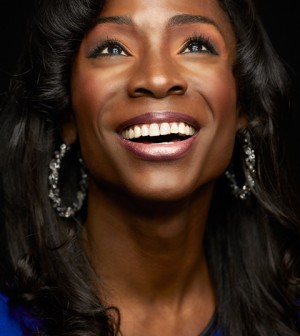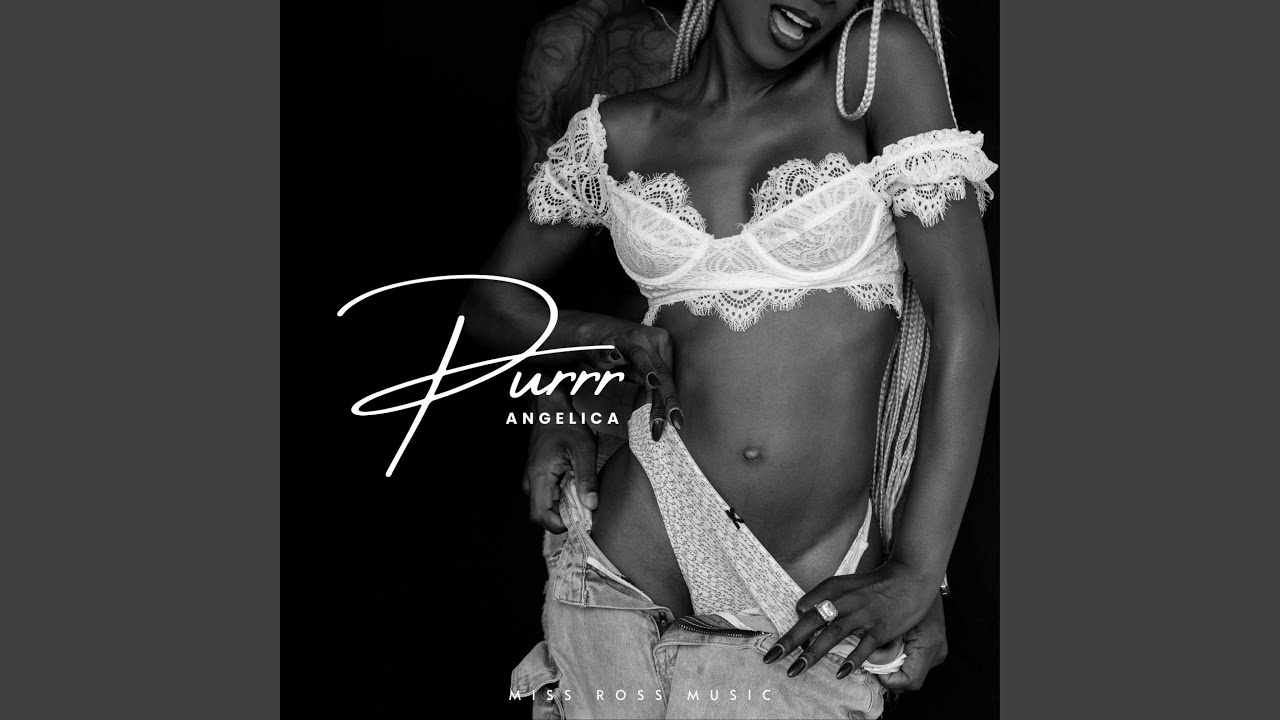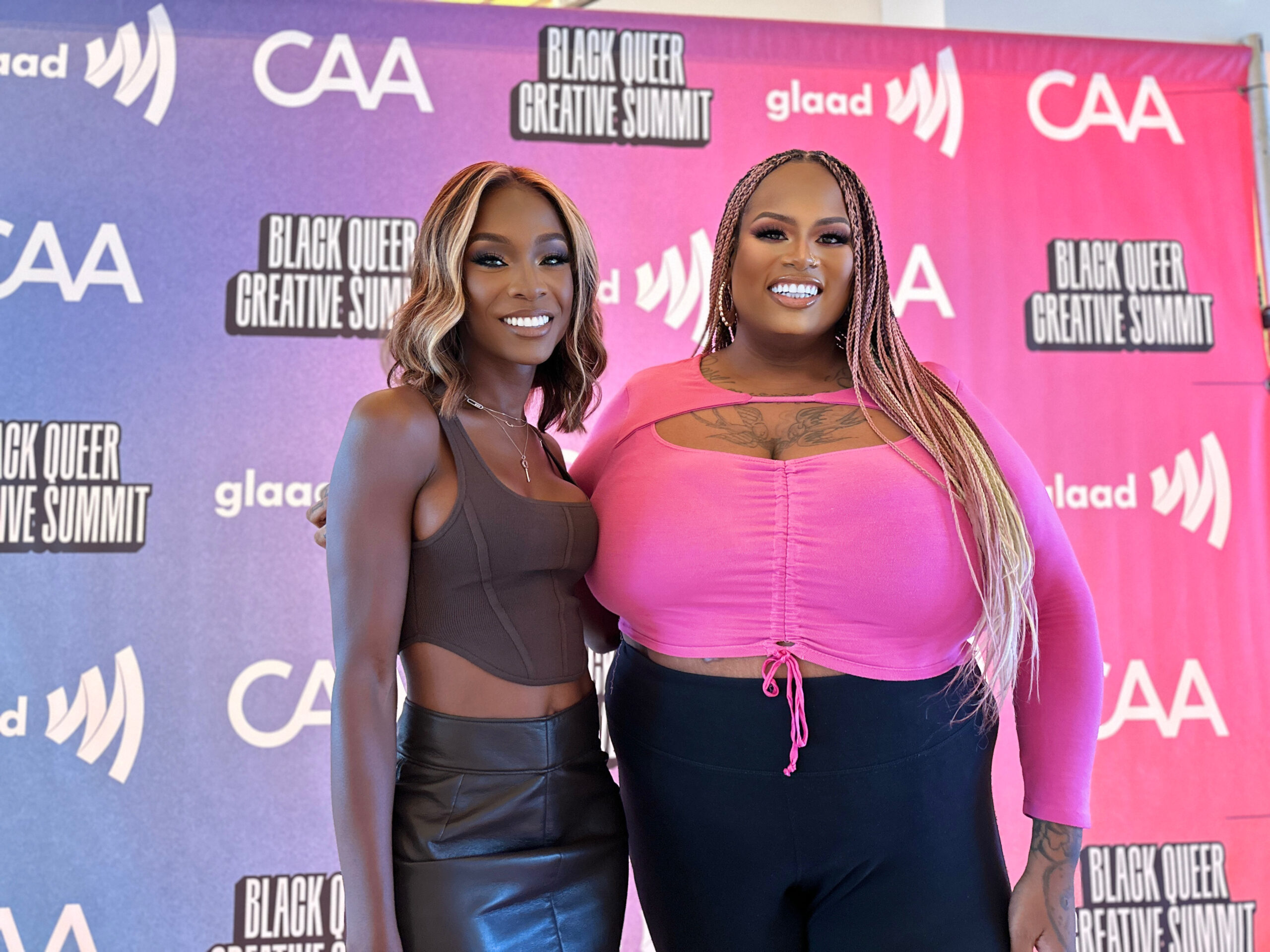[vc_row type=”image” bg_repeat=”repeat-x” bg_cover=”false” padding_top=”0″ padding_bottom=”0″ bg_image=”9046″][vc_column]
[/vc_column][/vc_row][vc_row text_color=”#000000″ section_type=”header” type=”image” padding_top=”0″ padding_bottom=”0″][vc_column css=”.vc_custom_1462525484139{background-position: center !important;background-repeat: no-repeat !important;background-size: cover !important;}”][vc_custom_heading text=”Call Me Caitlyn, Sincerely, Miss Ross.” font_container=”tag:h2|font_size:45|text_align:center|color:%23000000|line_height:1.5″ google_fonts=”font_family:Droid%20Sans%3Aregular%2C700|font_style:400%20regular%3A400%3Anormal” letter_spacing=”” css=”.vc_custom_1462525290803{margin-top: 65px !important;}”][vc_column_text font_size=”16″]“Well what did you expect? It’s reality TV,” a few people said once I hit Twitter after watching the I Am Cait, “Road Trip Part 1” episode. Maintaining my skepticism, I said yes to appearing on the show because I expected more from Caitlyn, who professed that this would be different, not just your ordinary reality show, but a docu-series. Caitlyn kept saying “I want to get this right”. She seemed earnest and genuine, and I trusted her. However, I believe a combination of Caitlyn being soaking wet behind the ears in lived trans experience, as well as the sense of separateness she displays between her and the rest of the community that led to such a gross misuse of power and privilege as an Executive Producer of her own show. Overall, I would characterize the I Am Cait show as a “missed opportunity.”
Our conversation with Cait spanned over two episodes, with the start of the conversation being a cliffhanger to tune in next week. Although the title under my name on the screen read “CEO of TransTech Social Enterprises”, my story and my experience as a black trans woman founding a startup tech company focused on improving the economic landscape and overall well-being of the trans community was completely erased from the show. The full conversation was nuanced, but ultimately what I said about TransTech and what we do was left on the cutting room floor. What the producers ended up using highlighted my life and work in past tense as I explained, “I felt like I would never in my life choose to do sex work, but after being fired from so many jobs what other choice did I have?”
[/vc_column_text][/vc_column][/vc_row][vc_row text_color=”#000000″ padding_top=”0″ padding_bottom=”0″][vc_column][vc_row_inner][vc_column_inner width=”1/2″][vc_column_text font_size=”18″ el_class=”twi1″]
@angelicaross I worry that E! & the producers of #IamCait are not the best fit to tell this story w/nuance.
— Joyce P. (@jtp4evr) August 3, 2015
[/vc_column_text][/vc_column_inner][vc_column_inner width=”1/2″][vc_column_text text_color=”#000000″ font_size=”18″ letter_spacing=”” el_class=”line1″]My first response was “no.” I had no interest in appearing on “I Am Cait”. After the Diane Sawyer interview aired, media outlets asked for my opinion, but I didn’t have one because I had not bothered to watch the interview. I along with many other trans people were contacted by the media to comment on Jenner before we even knew if she was in fact transitioning or what we would even call her. Soon, the Vanity Fair cover story hit the stands and she had spoken for herself: “Call Me Caitlyn.” Even then, I still exercised caution when called to comment on Jenner’s story. Media is a double edged sword and has the power to change hearts and minds through authentic storytelling, as well as the power to paint a person, or an entire community in a dim and misleading light.[/vc_column_text][/vc_column_inner][/vc_row_inner][vc_column_text text_color=”#000000″ font_size=”18″ letter_spacing=”” el_class=”line1″]“Would you consider being on Caitlyn Jenner’s reality show?” Jen asks me over the phone. It had only been a few months since my best friend Jen Richards and I vacated our Chicago apartment for opposite coasts. Jen moved to L.A. with our dog Mia and I moved to D.C. We were scheduled to see each other next in May to film a new media series she co-wrote with Laura Zak called, Her Story. Jen wrote a part tailored for me as, “a driven, top attorney who projects an image of composure and success, while tending to mask her vulnerability with her ambition.” My friend was telling my story as well as her own to challenge our ideas and assumptions about being women and being trans. Jen’s intersectional perspective would prove to the most valuable asset to “I Am Cait”, and the reason I eventually said yes to appearing on the show. Jen and I talked about the opportunity it would give me to talk about why I started TransTech, and the work we’re doing providing trans people with solutions and opportunities to save themselves from drowning in the debt of transition. Being trans comes at a high cost, but being black and trans can cost you your life.
Every hour of every day for me is occupied with juggling the challenges of building a social enterprise that addresses the unemployment epidemic in the trans community without the access to a big budget or donors with deep pockets. I often hear Renée Zellweger in my head from Jerry Maguire shouting, “Do you know (she) is working for you for free?! And she’s broke! Broke, broke, broke!” As the founding CEO, I write checks weekly to trans and gender non conforming workers, yet I still am not able to draw a salary for myself. I get by mostly on speaking engagements, but as soon as I try to pay myself, I end up having to give it back to the business to cover operating expenses or other unplanned costs.
I left my salaried job one year ago, aware of many of the challenges I would soon face, but I have yet to fully speak on why I really left my job to launch TransTech Social Enterprises. I badly wanted to speak out, but could not afford anything that would feed the angry black woman narrative so I cried in silence instead. For months, I floated by on a life raft made of food stamps and support from friends like Jen Richards who covered the rent until I could pay her back and Precious Davis, a friend and fellow educator and activist who told me to take the time to heal and listened to me cry out loud.
Before saying yes to appearing on I am Cait, I finally watched the Diane Sawyer interview. I was moved by the interview and Caitlyn’s apparent earnestness and believed her when she said, “I want to do this right”. I agreed to come to San Francisco to meet and talk with Caitlyn on camera with a few other trans women of color and folks from HRC. As the CEO of TransTech, I have been developing a partnership with HRC who has given me private office space in D.C. to not only expand our mission in connecting the trans community to more resources and employment opportunities, but also to repair a bridge that had been burned between the trans community and HRC, which has long been thought of as a “White Man’s club.”
“I Am Cait” would air in 123 countries and 24 different languages. Technology has flattened a world where trans people are demanding their rights in the U.S. and abroad. TransTech Social Enterprises is here to empower, educate, and employ them no matter where they are. I could not turn down an opportunity for global exposure that our efforts alone might not have ever afforded us.
Caitlyn and the crew traveled to San Francisco to meet with me and HRC Staff. In the scene leading up to our conversation, Jen Richards warned Caitlyn that the women she was about to meet are, “survivors of violence because they are trans, but we don’t want to reduce them to these traumas.” However, in the very next scene that is exactly what happens. Jen goes on to say, “They are so much more than these things that they suffered,” but from the editing the viewers at home would never know that Laya is an incredibly talented Muralist and Artist, that Chandi works with trans women of color directly helping them navigate a myriad of challenges in Los Angeles, and that I founded a tech social enterprise focused on educating, employing, and empowering trans people to become their own heroes and authors of their own success stories. All these things were discussed but not depicted on “I Am Cait.”[/vc_column_text][vc_row_inner][vc_column_inner width=”1/2″][vc_column_text text_color=”#000000″ font_size=”18″ letter_spacing=”” el_class=”line1″]
As we sat down for our conversation at the HRC store in San Francisco, there was a palpable sense of sisterhood in the air, Cait included. We began sharing our stories and together shed light on the systems of oppression that impacts trans people, but more acutely affects trans women of color. I felt seduced into a false sense of safety in opening up for the cameras and sharing our stories. After all, I knew most of the people there way before the show.
After months of being silenced by a non-disclosure agreement, my excitement and anticipation to finally see the conversation on television turned into me feeling hurt and further silenced by the end of the episode.
[/vc_column_text][vc_column_text text_color=”#000000″ font_size=”18″ letter_spacing=”” el_class=”line1″]My story — and the story of TransTech — had been truncated down to the fact that I had once been involved with sex work. Tons of media outlets were publishing recaps of the show the next day. The LA Times writes:
“She (Caitlyn) hears from one woman who’s been transitioning since age 19 and wound up as a sex worker after being trans got her fired from four jobs. And then it’s time to hear from Blossom Brown, who’s not about to hold back.”
In that LA Times recap of I am Cait episode 2, the writer begins to name ALL of the trans women who appear on screen in the order that they appear, and summarizing their contribution to the show. But, when it came to talking about me, the writer says Caitlyn “hears from one woman” not from Angelica Ross CEO of TransTech Social Enterprises. Because if they had mentioned my name and title then it would not have made sense to say that I “wound up a sex worker”, when to be more accurate, I wound up a CEO and so much more. A basic google search would tell you that.
[/vc_column_text][/vc_column_inner][vc_column_inner width=”1/2″][vc_column_text font_size=”18″ el_class=”twi1″]
You all have no idea. There could have been a full hour of the brilliance @angelicaross shared there. They better show more. #IAmCait
— Jen Richards (@SmartAssJen) August 3, 2015
[/vc_column_text][vc_column_text font_size=”18″ el_class=”twi1″]
I spoke about @TransTechSocial, employing trans people, being a black trans CEO, but they only showed me speaking on sex work #IamCait…ok.
— Angelica Ross (@angelicaross) August 10, 2015
[/vc_column_text][/vc_column_inner][/vc_row_inner][vc_column_text font_size=”18″ el_class=”line1″]
I was asked to appear on the show to talk about TransTech and how we’re using technology to economically empower the trans community. After watching that episode I was disappointed that I was only seen speaking about sex work when that is not why I was asked to be there, but something told me to reserve my commentary until I had seen the rest of the conversation in next week’s episode.
[/vc_column_text][vc_column_text text_color=”#000000″ font_size=”18″ letter_spacing=”” el_class=”line1″]At the top of “Road Trip Part 2”, Episode 3, I was the first voice to speak saying, “A lot of people who want to be seen as heroes and want to save our community…” and the camera then cuts to Caitlyn looking a little overwhelmed, as I continue saying, “they want these kind of direct, wrap a bow around it, now this person is all better and they have a job”, followed by the rest of the girls chiming into what is starting to sound like an argument. The true reality is that sound bite was cut out from another part of the conversation where I was explaining what TransTech does and how it’s different from what other organizations are claiming to be doing for the trans community.
The editors then make it seem like Chandi is coming to Caitlyn’s defense when she says, “We made it clear to Caitlyn that a lot of girls are going to be jaded,” as the camera cuts to a silent closeup of my face as a visual backdrop while Chandi is speaking. Chandi continues to explain, “…Jaded because the things that Caitlyn has been able to achieve in a few months, some of them will never achieve those things their whole entire life.” During this part of the show, the camera cut to me a total of 8 times not saying a word.
[/vc_column_text][vc_row_inner][vc_column_inner width=”1/2″][vc_column_text]
via GIPHY[/vc_column_text][/vc_column_inner][vc_column_inner width=”1/2″][vc_column_text]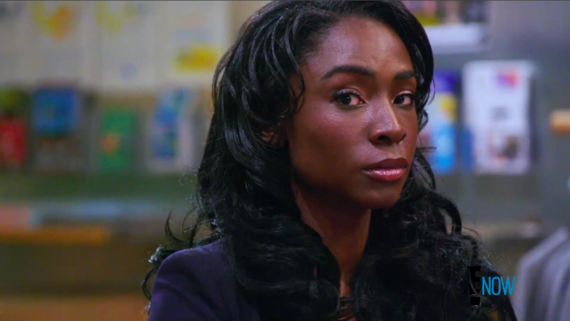 [/vc_column_text][/vc_column_inner][/vc_row_inner][vc_column_text text_color=”#000000″ font_size=”18″ letter_spacing=”” el_class=”line1″]When I first saw the episode with Chandi talking and the camera cutting to me, I thought, Alright girl, you look sickening! But, after the eighth closeup, I felt silenced – a feeling all too common for trans women of color.
[/vc_column_text][/vc_column_inner][/vc_row_inner][vc_column_text text_color=”#000000″ font_size=”18″ letter_spacing=”” el_class=”line1″]When I first saw the episode with Chandi talking and the camera cutting to me, I thought, Alright girl, you look sickening! But, after the eighth closeup, I felt silenced – a feeling all too common for trans women of color.
Moreover, the show’s editing pits trans women of color against each other. I spoke with Chandi after the episode aired and she spoke the warmest encouraging words to me. She had also hoped that the editors would not turn our words against each other, but acknowledged that is how it appeared. As trans women of color our intersectional identities as black women face us with the challenge of being portrayed as angry black women. At no time during the filming of those episodes was I angry, not at any of the other trans women, and certainly not at Caitlyn. Actually, I laughed, teared up, and snapped my fingers encouraging my sisters to speak the truth. What you were really seeing was a group of women passionate about the change they want to see in our world and speaking about a system and not about individuals.
[/vc_column_text][vc_row_inner][vc_column_inner width=”1/2″][vc_column_text]
[/vc_column_text][/vc_column_inner][vc_column_inner width=”1/2″][vc_column_text]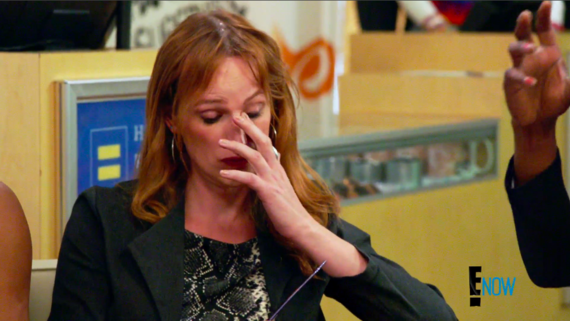 [/vc_column_text][/vc_column_inner][/vc_row_inner][vc_column_text text_color=”#000000″ font_size=”18″ letter_spacing=”” el_class=”line1″]I want to take this opportunity to hold Caitlyn Jenner responsible as an Executive Producer for the editing and misuse of her new found power. The first step to dismantling a system of oppression is recognizing your role in its perpetuation. This is a step we all have to take regardless of race or ethnicity. If Caitlyn wishes to be a part of the solution, then she must be willing to examine the ways she has contributed to the problem. The way “The Road Trip” episodes parts 1 and 2 were edited, were just some of the ways she is contributing to the problem. I urge Caitlyn to retreat from the “White Savior” narrative.
[/vc_column_text][/vc_column_inner][/vc_row_inner][vc_column_text text_color=”#000000″ font_size=”18″ letter_spacing=”” el_class=”line1″]I want to take this opportunity to hold Caitlyn Jenner responsible as an Executive Producer for the editing and misuse of her new found power. The first step to dismantling a system of oppression is recognizing your role in its perpetuation. This is a step we all have to take regardless of race or ethnicity. If Caitlyn wishes to be a part of the solution, then she must be willing to examine the ways she has contributed to the problem. The way “The Road Trip” episodes parts 1 and 2 were edited, were just some of the ways she is contributing to the problem. I urge Caitlyn to retreat from the “White Savior” narrative.
As trans women of color we are capable of saving ourselves if given the tools. Blossom messaged me well before the show aired, saying that she didn’t know what she was going to do and that she needed $800 in order to pay for her summer courses. Maybe Caitlyn’s offer hadn’t been finalized by then, but Blossom asked if I would donate and share her fundraiser. Not only did I donate, along with HRC and a few others, but I told Laverne Cox about Blossom’s struggles and story; how she was a straight A student who needed help paying for college. Soon after Laverne retweeted my tweet, and a few hours later Blossom’s fundraising campaign was fulfilled. Believe me when I tell you that I walked away from the experience also inspired by Blossom and her hard work and dedication in school, but I also recognize the White Savior narrative when I see it. The editors even go the extra step to make it seem like Jen Richards is wiping tears when hearing Blossoms story. Jen and I now laugh about it, but you can tell that Jen is actually getting emotional about something I am speaking about. The editors forget to cut my moving hands out of the frame. People who have seen me speak know that I talk with my hands, but I’m not usually moving them when others are speaking.
We have enough individuals and organizations offering bandaids to a community that has already lost too much blood. As I type this response there are a total of 19 trans women who have been murdered this year alone. Advocates like Sylvia Rivera, Marsha P. Johnson, Miss Major, Laverne Cox, Janet Mock, and countless other trans women of color have been far better “spokespersons” for the trans community, than self-proclaimed Jenner. You want to make real change, Caitlyn? Like Chandi says, start using the word “we”. Abandon your conservative respectability politics that have you highlighting trans suicides while casting a judgemental look on the lives of trans women of color who have been killed because you think they somehow asked for it. Suddenly you’ll begin to hear gays advocating for the legalization of sex work and for the rights of sex workers, not because trans women of color are dying, not because gay men are dying, but because RentBoy.com has been busted for allegedly operating as an illegal brothel. The LGBTQ community is fighting for the freedom and the privilege to be who they are and to love or have sex with whomever they choose on their terms.
I understand however, Caitlyn, that sexual freedom and sex worker rights may not be your thing, another option would be to join the board of a trans-led organization; TransTech Social Enterprises would love to have your support. You can even participate in some of our workshops that break down “Power, Privilege, and Oppression” and learn more about social, racial, and economic justice. Refuse to contribute to a system that puts white cis gay men, and those of similar experience, as the gatekeepers in charge of resources that trans women of color are trying to access. You can help turn this around! Trust me, as much as you can fly a few of us girls in to become your instant entourage, it’s not your money that your new found community is after. It is your potential to facilitate change, your access to people and resources that could help trans people beyond the individual level and create massive change on a systemic level. THAT is where you can make the greatest impact. Call me Caitlyn.
Sincerely,
Miss Ross
[/vc_column_text][vc_single_image image=”7220″ img_size=”large” alignment=”center” style=”vc_box_shadow_3d” full_width=”yes” animation=”animate-when-visible” css_animation=”bottom-to-top”][/vc_column][/vc_row]

